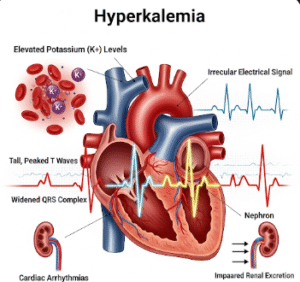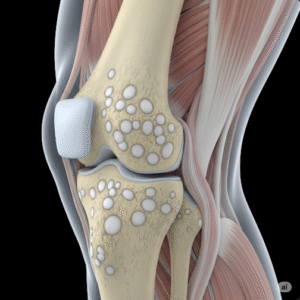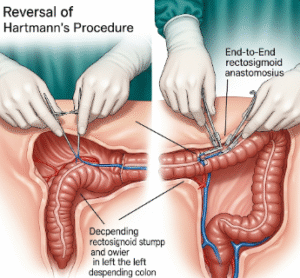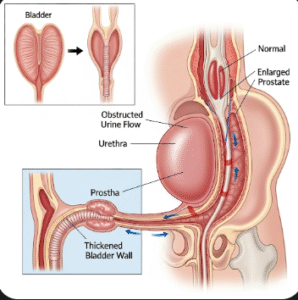Overview
Lactose intolerance is a common digestive disorder where the body cannot properly digest lactose, the sugar found in milk and dairy products. This leads to uncomfortable digestive symptoms after consuming lactose-containing foods. Though not dangerous, lactose intolerance can affect quality of life and requires proper management through diet and treatment.
What Is Lactose Intolerance?
Lactose intolerance occurs when the small intestine produces insufficient amounts of lactase, the enzyme needed to break down lactose into simpler sugars for absorption. Without enough lactase, lactose remains undigested in the gut, causing symptoms. It can develop at any age and varies widely across populations.
Symptoms
- Bloating
- Diarrhea
- Abdominal cramps or pain
- Gas and flatulence
- Nausea (sometimes vomiting)
Symptoms typically appear 30 minutes to 2 hours after consuming dairy products.
Causes
- Primary lactase deficiency (genetic reduction in lactase after infancy)
- Secondary lactase deficiency caused by injury or illness affecting the small intestine (e.g., gastroenteritis, celiac disease, Crohn’s disease)
- Congenital lactase deficiency (rare, present from birth)
Risk Factors
- Family history of lactose intolerance
- Ethnic background (higher prevalence among East Asians, Africans, Hispanics, and Native Americans)
- Age (lactase production often declines after childhood)
- Gastrointestinal diseases or infections damaging the intestinal lining
Complications
- Nutritional deficiencies such as calcium and vitamin D deficiency if dairy avoidance is not properly managed
- Unintended weight loss or malnutrition in severe cases
- Reduced quality of life due to dietary restrictions and digestive discomfort
Prevention
- No known way to prevent primary lactose intolerance as it is largely genetic
- Avoid or limit lactose-containing foods if symptoms occur
- Manage underlying intestinal diseases promptly to prevent secondary lactose intolerance
Treatment Options in Korea
Korea provides modern, effective management approaches for lactose intolerance, including:
- Dietary Counseling: Guidance from nutritionists to identify lactose-containing foods and suitable alternatives like lactose-free dairy or plant-based milk.
- Lactase Supplements: Over-the-counter lactase enzyme pills available in pharmacies to help digest lactose during meals.
- Probiotics: Some clinics recommend probiotics to improve gut flora and aid digestion.
- Comprehensive Gastroenterology Care: For secondary lactose intolerance, Korean specialists offer diagnosis and treatment of underlying intestinal diseases.
- Education and Support: Many hospitals and clinics offer patient education to manage symptoms while maintaining balanced nutrition.
Korea’s healthcare system combines expert nutritional advice with convenient access to supplements and specialized care, ensuring effective symptom control and quality of life improvement for lactose intolerance patients.













